Perimenopause is a natural transition that occurs before menopause when your body starts to produce less estrogen, progesterone, and testosterone. This hormonal shift can cause a range of symptoms that vary in intensity from woman to woman. Understanding these symptoms is the first step toward effectively managing them. Let’s break down the top 10 most common perimenopausal symptoms.
-
Irregular Periods: During perimenopause, your menstrual cycle becomes unpredictable. Periods may be shorter, longer, heavier, or lighter. You may also experience spotting between periods. Irregular periods are one of the first signs that your body is beginning the transition.
-
Hot Flashes & Night Sweats: Hot flashes, characterized by sudden feelings of intense heat, are among the most common symptoms. They can occur during the day or night (night sweats), disrupting sleep and leaving you feeling fatigued.
-
Mood Swings & Irritability: Hormonal fluctuations can significantly impact your mood, leading to irritability, anxiety, and even symptoms of depression. Many women describe feeling more sensitive to stress during this time.
-
Fatigue: Persistent tiredness or a general lack of energy is common during perimenopause. Poor sleep from night sweats, hormonal changes, and the stress of managing multiple symptoms can all contribute to fatigue.
-
Brain Fog & Memory Issues: Difficulty concentrating, forgetfulness, and mental clarity issues can be frustrating symptoms of perimenopause. Reduced estrogen levels may play a role in these cognitive changes.
-
Weight Gain & Metabolism: Changes Hormonal shifts can affect metabolism, making it easier to gain weight, particularly around the abdomen. Reduced muscle mass and decreased physical activity can also contribute.
-
Low Libido: Changes in hormone levels can cause a decrease in sex drive and vaginal dryness, making intimacy less appealing or even uncomfortable for some women.
-
Sleep Disturbances: Many women experience insomnia or disrupted sleep during perimenopause, often due to night sweats or heightened anxiety.
-
Joint & Muscle Pain: Hormonal changes can cause muscle stiffness, joint pain, and overall achiness, particularly if inflammation levels are high or if you’re not getting enough essential nutrients.
-
Hair & Skin Changes: Thinning hair, dry skin, and brittle nails can also result from decreased estrogen levels. Skin may feel less elastic, and breakouts can occur more frequently.
How to can I Manage Perimenopause Symptoms Naturally?
While perimenopause is a natural transition, lifestyle changes can make a huge difference. Incorporating high-quality protein into your diet, staying active with weight training, and using targeted supplements can help you feel more like yourself.
Supplements like Harmony by Sentro Labs, formulated with Lion’s Mane, Magnesium Bisglycinate, and essential vitamins, can support hormonal balance, cognitive function, and emotional stability. Additionally, Equilibrium by Sentro Labs, featuring Ashwagandha, helps reduce stress and promote overall resilience.
Perimenopause doesn’t have to feel like a struggle. By understanding your symptoms and making proactive lifestyle changes, you can feel empowered and confident through this natural stage of life.
To read more about my journey as a Mum of two in my 40's visit my BLOG HERE.
Elaine x.








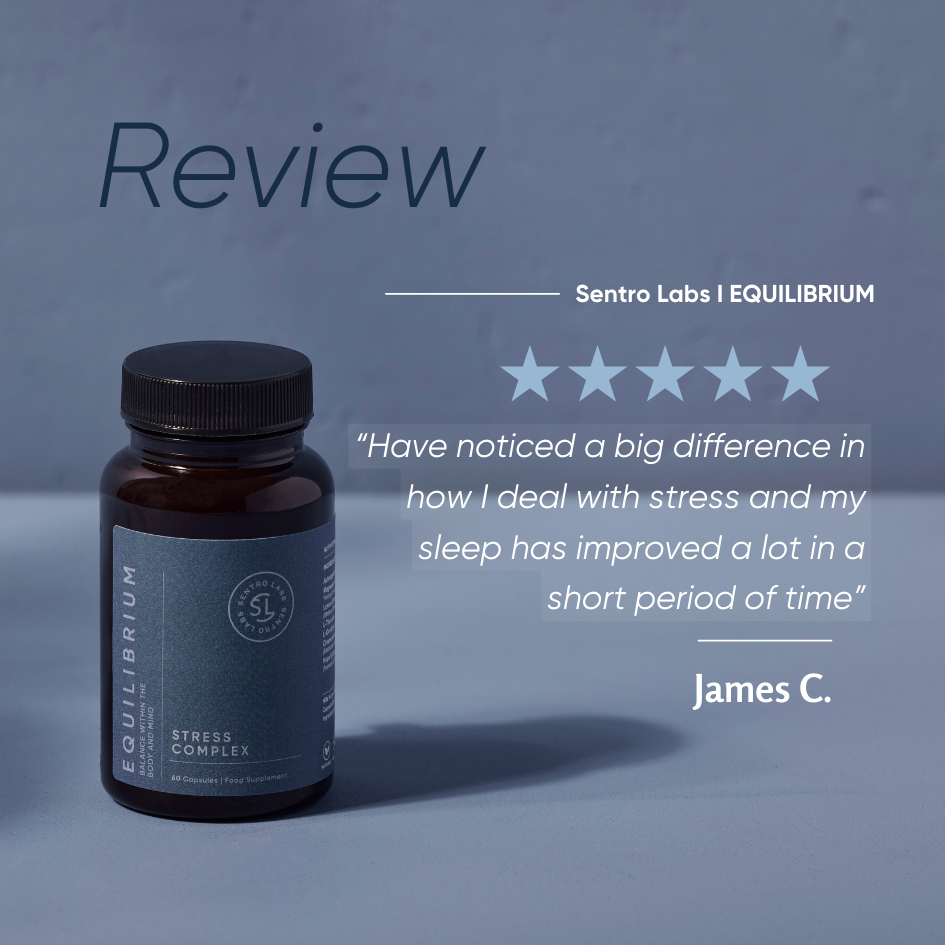
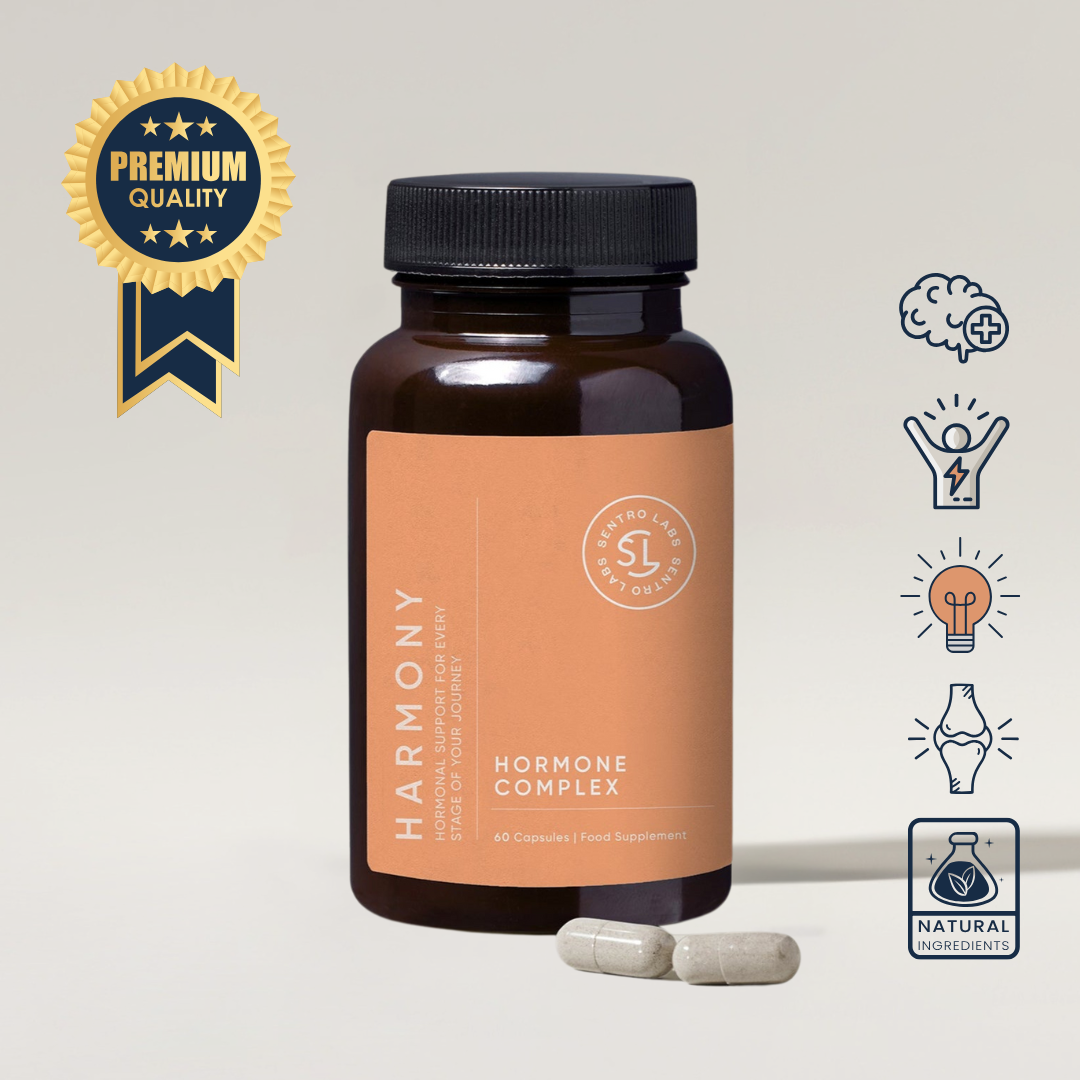


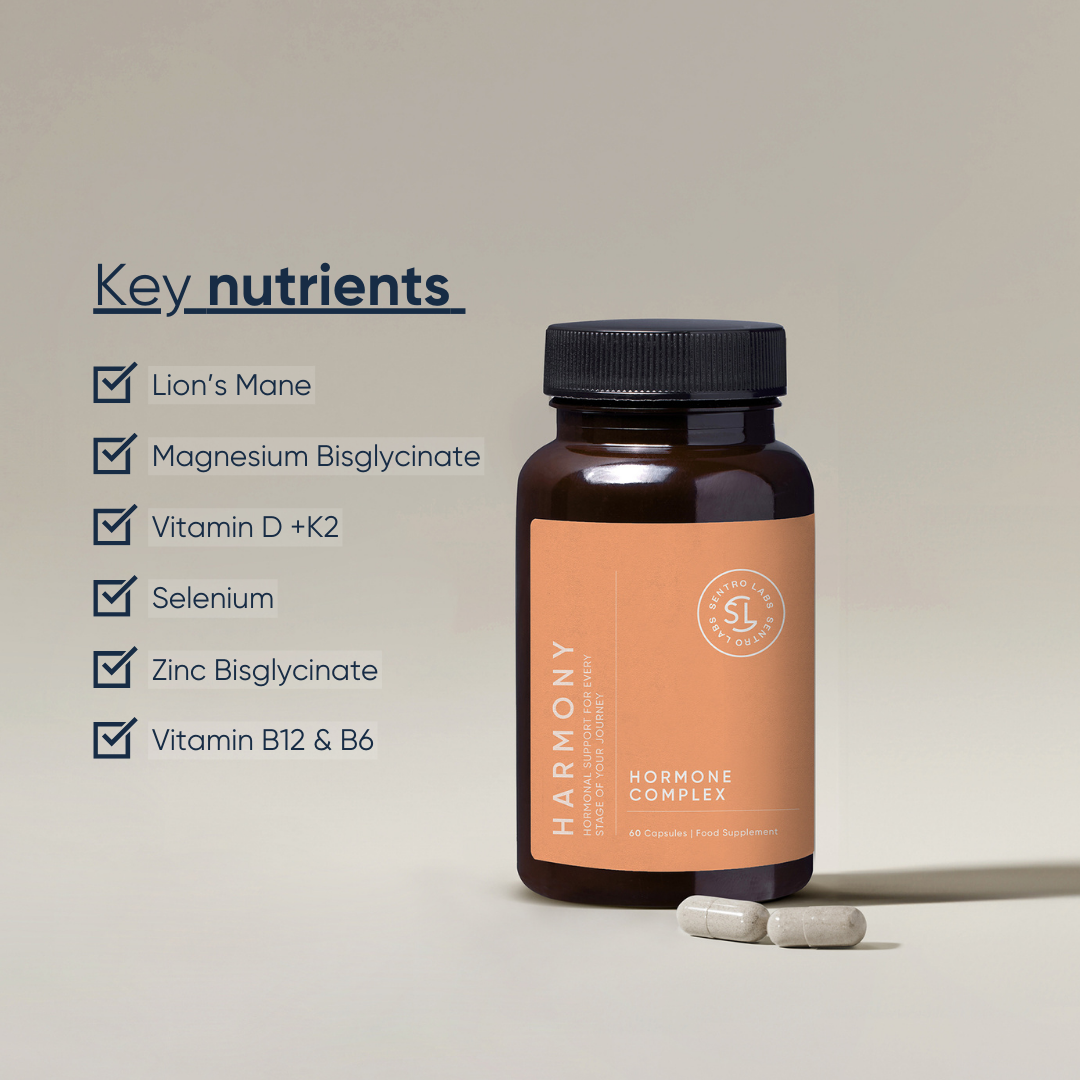


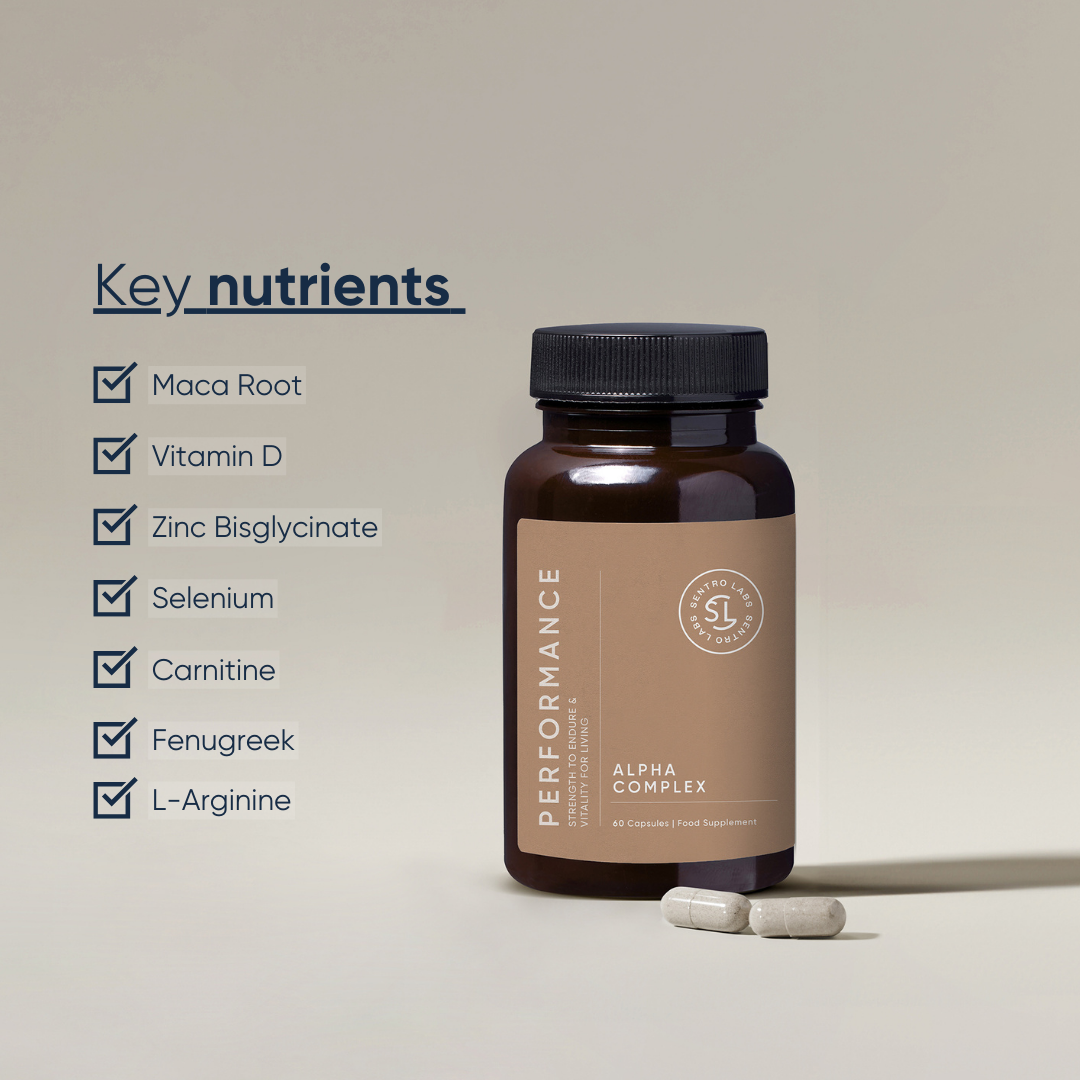
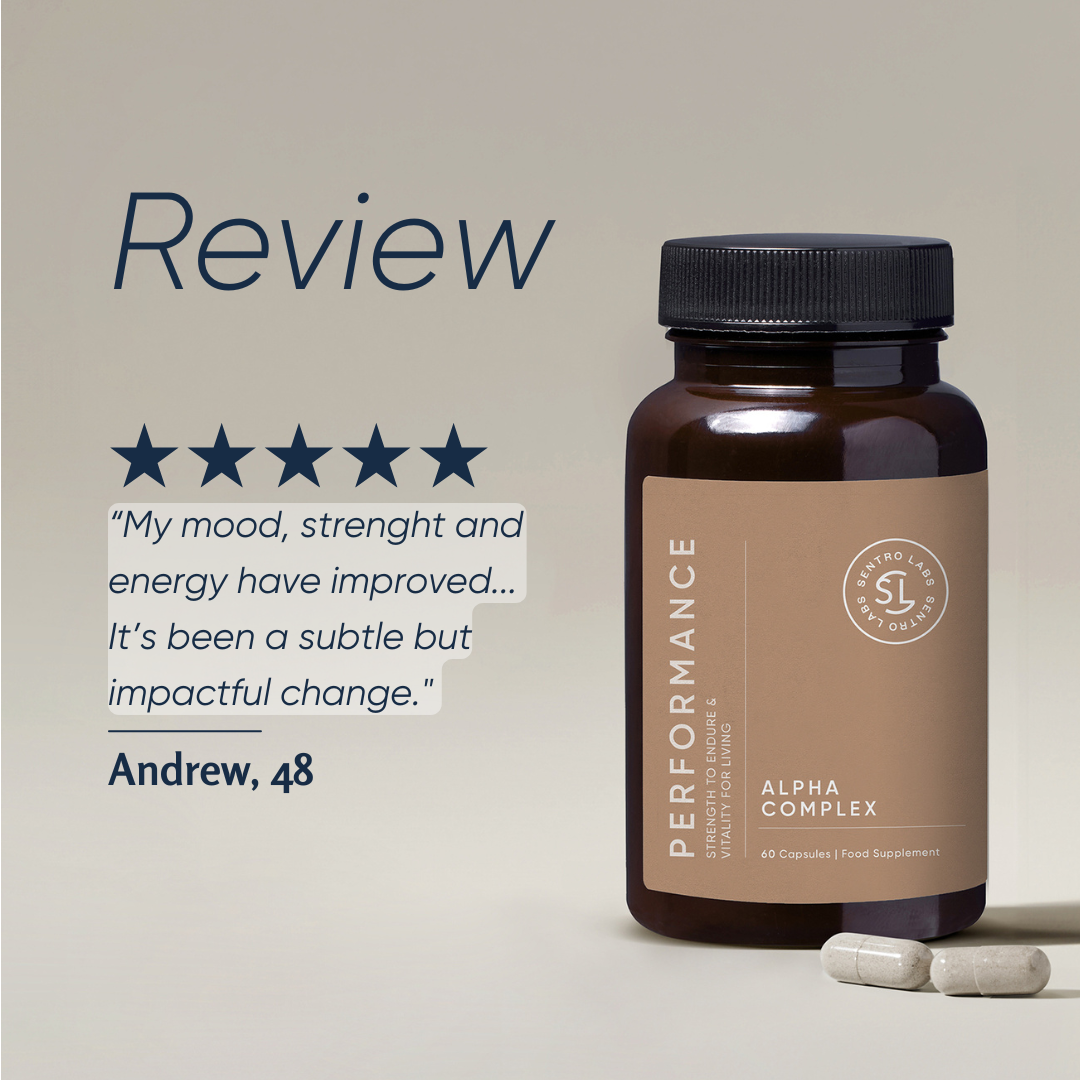


Share:
How Do I Know If I’m in Perimenopause? A Complete Guide
Protein, Why is it Essential for Women in Perimenopause & Menopause?